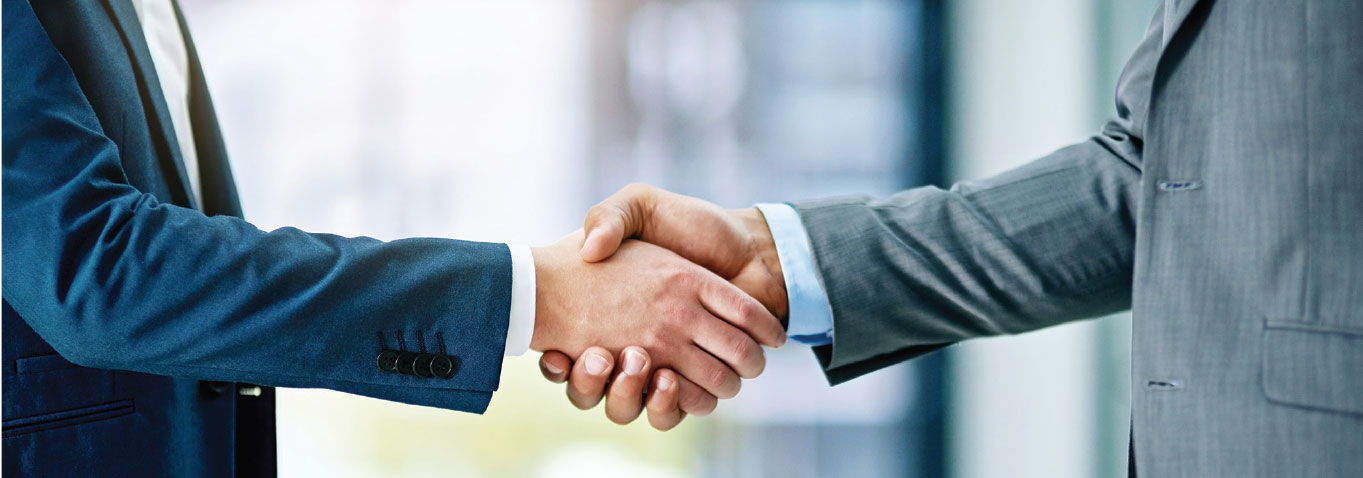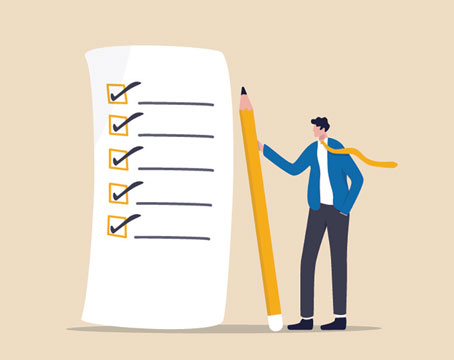 |
Kids nowadays. No manners. What’s the world coming to? OK, now that you know I’m old, let’s seriously talk about the deterioration of civil society. What has happened to civility? Before I answer that question, we might benefit from the defining of terms. There’s an interesting chapter I reviewed for this column in a book found on PubMed, “Recovering Civility after COVID” published in 2021. The chapter “understanding civility” dives into excruciating details of language and context regarding civility. It was more a philosophical treatise than social commentary, but enlightening nonetheless. Civility has several components, and my take on it is that it’s composed of common courtesy and public behavior. Common courtesy is that which occurs between individuals: speaking kindly, holding the door open, etc. It’s very personal and occurs on a frequent basis throughout the day as we move about the world. You could also describe it as politeness or good manners. It tends to be very quick—a hello, a thank you. I’m sure some of you are already thinking, “You can say and do those nice things and not really feel them, or believe them.” Sort of like the Southern expression “bless your heart” which not infrequently means “drop dead.” Heartfelt or not, they still constitute civil behavior. And how they are expressed varies by gender, age, socioeconomic strata and culture. They share a desire to be considerate and a tad deferential to other people which in our society is considered civil.
Civil public behavior involves groups, frequently in public. Think sports fans. Phillies fans are typically very civil. Eagles fans not so much. Also, consider protest marches, public hearings, etc. It’s a more “group think” concept. And it’s what we see online in the countless video clips so many of us are addicted to: demonstrations of a lack of civil public behavior. Why are we attracted to those? It’s really like the car-crash phenomena: unpleasant, gruesome and yet we can’t turn away. So, the question is, why did it get worse? Did it get worse, or are we just seeing what was always out there via ever-present social media? You could make a case that this is true but, deep down, almost everyone believes that we are ruder, more short-tempered and just plain awful. Whether it’s a loss of common courtesy, public civility or both. A common belief is that going through the COVID pandemic accelerated this. Some think national politics and a certain political figure made it OK to be rude and crude.
I think that we need to understand what drives civility. What drives courtesy to our fellow human. The authors of the chapter I referenced felt that being civil is predicated on feeling that other people have equal value to us, have the same rights and privileges, therefore we treat them like we would like to be treated. You’re uncivil to those you consider unworthy or inferior. If that’s the case, are we as a society more judgmental, more arrogant and more classist now than in the past? That’s a tough call to make. Sure, COVID and all the disruptions have made many less social and patient. Yes, national politics is extremely polarizing with a focus on division and superiority. But most serious people don’t feel we were less racist in the ‘50s even if we appeared more civil. The ‘50s seem to be some touchstone in common conversation of a more perfect time in the United States. And on the surface in many places people were more ‘civil,’ but likely just felt the need to hide it better. Today they feel they don’t have to, or feel they’ve been given permission not to hide their true selves. One could say simply that current behavior is more honest or more upfront. Not structurally worse, just more real. So, it comes down to what you’d really like to see, to live. Better behavior, better courtesy or the gritty reality of who we are. I would hope they could be one and the same, but alas, it’s not to be and we are left to ponder which direction we’re going. There’s a lot we can’t control, only ourselves. The oft misattributed quote says: “If you can be anything, be kind.” My grandma would add, “It wouldn’t kill ya.”
Dr. Blecher is an attending surgeon at Wills Eye Hospital.




